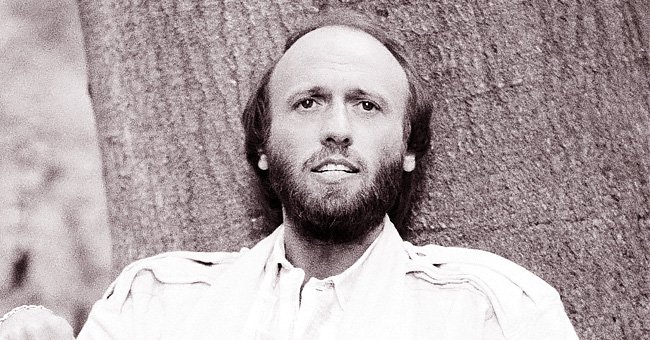
Maurice Gibb fell in his kitchen one ordinary evening, and in a matter of days the sound that had held the Bee Gees together was gone. The band’s swagger and falsetto would never feel the same without the quiet twin who built their harmonies from the ground up.
Born into tight circumstances on the Isle of Man and raised largely by a drummer’s wages, Maurice Ernest Gibb learned early that music could be both lifeline and refuge. Alongside older brother Barry and twin Robin, he left for Australia as a boy and cut his teeth in church halls and talent shows. Maurice—Mo to those who loved him—rarely sought the spotlight. He preferred the studio, the hum of a piano, the groove of a bass line. That restraint became the secret muscle of a group that would sell tens of millions of records.
The band’s leap to global stardom in the 1970s changed everything. The soundtrack to Saturday Night Fever alone sold more than 40 million copies worldwide. Maurice’s keyboard opening on Stayin’ Alive, his bass under Night Fever and the subtle harmonies on How Deep Is Your Love were the unseen architecture of those hits. Fame baffled him; while Barry and Robin interviewed freely, Maurice often let the music speak.
The years of spectacle and success also brought hard shadows. As public sentiment turned against disco, radio and critics singled the group out. Maurice, the most vulnerable of the trio, fell into heavy drinking. He endured a public divorce from singer Lulu and later married Yvonne Spenceley; friends say that even in love he grappled with addiction and memory lapses at sessions. Still, musicians who worked with him never lost faith in his instincts.
By the late 1990s, with family support, Maurice rebuilt a quieter life. He found sobriety, embraced fatherhood and returned to the studio. The brothers were talking of new music once again when a routine illness in early January 2003 turned catastrophic: a twisted intestine led to emergency surgery, and complications took him before a full recovery could occur. He was 53.
Those who rushed to his side and those who followed his career struggled to put the loss into words. At Maurice’s memorial, Barry Gibb left no doubt about the hole his brother’s death opened in the band’s heart.
Without Mo, there are no Bee Gees. — Barry Gibb, brother and Bee Gees member
Tributes arrived from across the music world. Colleagues praised his ear for harmony and his generosity in the studio, the quiet work that made songs into legends.
He was “a genius.” — Elton John, singer-songwriter
Behind the public accolades were hard numbers and smaller truths: a catalogue that keeps finding new listeners through films and samples; a bass player lauded by peers while remaining nearly invisible to the tabloid glare; a man who could pick up almost any instrument and make it sing. Maurice’s fingerprints are plain on the music that moved a generation and later became the soundtrack for younger ones.
For older fans the loss was intimate. The Bee Gees’ harmonies had been a steady companion for decades, and Maurice’s role—arranger, multi-instrumentalist, the glue—was the engine. In studios he adjusted a chord here, tightened a rhythm there, and made sure three voices fit like a single breath. Musicians who rebuilt their careers around those records rediscovered what longtime listeners always knew: the group was more than its two leaders; it stood on Maurice’s craft.
The brothers’ story had always been a study in contrasts—public glamour and private struggle, soaring hits and the quiet discipline of arranging. Maurice’s collapse and sudden death did not just end a life; it forced a reckoning inside a band that had been all things to so many people. Fans and fellow artists kept playing their songs, but the shape of those songs had changed now that the patient, steady hand behind them was no longer there. The music, still alive on dance floors and playlists, carries a new hush where Mo once stood—